Learning the 9 Enneagram personality types to find out your and your partner’s compatibility can help circumvent relationship problems.
It’s normal in a relationship for people to fight or argue from time to time, but it’s also great to know that by using the Enneagram and learning yours and your partner’s personality types that you can avoid conflict and relationship problems in your marriage, too.
When it comes to having a healthy relationship, it’s important to know where you and your spouse’s personality traits might butt heads. By learning what your Enneagram types are, you’ll be able to better foresee and even stop potential conflicts before they happen!
Check out this article about Enneagrams and instinctual variant test.
What exactly is the Enneagram and what can it tell you about your personality and relationship?
According to Wikipedia, the Enneagram is “a model of the human psyche which is principally understood and taught as a typology of nine interconnected personality types.”
The Enneagram test on the Enneagram Institute website is a great tool to help you have a healthier relationship with your spouse. Ideally, you both need to use this psychological and spiritual tool individually and together to get the most out of it.
It’s for your personal development and will enhance your ability to deal with all the ups and downs of your married life.
This fantastic tool will point out your blind spots and help you to rid yourself of old habits and thoughts that no longer serve you and provide you with a map to better physical, emotional, and spiritual health.
The Enneagram personality types show you where you are likely going to have your challenges when you are under stress or in a relationship. The healthier you are emotionally, physically, and spiritually, the less you will experience these common challenges. But just because you are a specific type doesn’t mean that it’s an exact predictor of the problems you may have. It all depends on the health of your three energy centers (head, heart, and body).
Read The 12 Different Personality Archetypes
Still, the Enneagram is a great tool to help you to know what to watch out for. Your blind spots can appear without your awareness when you’re not open and present. With both your commitment to becoming your best selves, the Enneagram can help you and your spouse find a more profound love and intimacy than you ever imagined.
If your spouse is not willing to study the Enneagram, you can guess your spouses’ type, but you must hold this information lightly. The only person who can determine your type is you.
If your spouse is open to learning about the Enneagram, this is a good sign that he or she is determined to stay healthy themselves. It is also a sign they are committed to a long term healthy relationship.
All Enneagram types are neither good or bad. They are just different. These are the average qualities of each type, which will help you figure out where you and your partner can get out of balance.
Here are 9 Enneagram personality types and the potential challenges you and your spouse may face in your relationship based on them:
The assertive types
Assertive types are at high risk to overuse or underuse their head center. They often are sensitive people and to survive they put up a big emotional wall around their heart. Most assertive types are not aware of this happening.
1. Enneagram type 3: (The Achiever)
Threes usually:
- Can get overly focused on their work.
- Find self-care a challenge.
- Can be extremely competitive.
- Always likes to look good.
- Are willing to change their behavior so that they can be successful. Their motto is to do whatever it takes to be successful.
- Can be emotionally detached.
- Find it crucial to be liked and respected.
- Flourish when they focus their energy on learning to love themselves and will reveal their vulnerable side.
2. Enneagram type 7: (The Enthusiast)
Sevens always:
- Look for “greener grass.”
- Can be excessive at times.
- Sometimes have a hard time finishing what they started.
- Are easily bored.
- Love to have fun.
- Don’t want to focus on any challenging issues in their lives.
- Have a hard time committing to anything.
- Flourish when they risk slowing down and facing the pain, discomfort, and confusion that they try to avoid.
Read How To Know If He Loves You Enough To Commit, According To His Myers-Briggs Personality Type
3. Enneagram type 8: (The Challenger)
Eights often:
- Love to dominate.
- At times are aggressive.
- Are confrontational and intimidating.
- Are overly self-sufficient.
- Like to stay in control of their own life.
- Can get intoxicated by power.
- Are like a bull in a china shop.
- Flourish when they risk letting go of control, revealing their big hearts and showing their vulnerable side.
Withdrawn types
Withdrawn types tend to over or under-use their body center. It is easy for people who identify with these types to ignore the needs of their body. They struggle to do self-care.
4. Enneagram type 4: (The Individualist)
Fours frequently:
- Are highly emotional and dramatic.
- Easily get stuck in their favorite moods. It is more a thought than a feeling. They often get their thoughts confused with their emotions.
- Are temperamental. It is easy for the four to envy what other people have.
- Stay stuck in their imagination.
- Look for a person to rescue them from their unhappiness.
- Flourish when they can express their heart through their creativity, through deep friendships, and by learning to accept themselves as they are.
5. Enneagram type 5: (The Investigator)
Fives often:
- Retreat into their mind.
- Are known for minimalizing their needs.
- Have a hard time speaking on topics that are alien to them.
- Can be very secretive.
- Can be very hard on themselves for not knowing enough.
- Can be provocative when under stress.
- Flourish when they risk sharing their thoughts and ideas with others and pay attention to their bodies.
6. Enneagram type 9: (The Peacemaker)
Nines often:
- Will appease at all cost when under stress. Any form of conflict can feel threatening to them.
- Can be overly accommodating.
- Like their routines to help them stay calm.
- Can be apathetic and view the world as though they are not part of it.
- Can be stubborn when their peace is threatened.
- Under-value themselves while under stress.
- Flourish when they express their interests, desires, hopes, and dreams, and find their inner strength when they speak their truth.
Read Women With These 5 Personality Traits Are Most Likely To Find Lasting Love
The dutiful types
Dutiful types tend to over or under-use their head centers. They all suffer from too much activity happening the brain making it hard to connect with the more profound wisdom that is available to them.
7. Enneagram type 1: (The Reformer)
Ones frequently:
- Are overly serious much of the time.
- Feel overly responsible for the problems of the world.
- Can be overly critical of self and others.
- Come across as judgmental.
- Are perfectionistic or feel like a failure if they don’t complete a task correctly.
- Tend to hold their feelings inside them until they burst.
- Come across to many as opinionated.
- Flourish when they learn to quiet down their inner critic through meditation and find their inner strength when they are touch with their spiritual world.
8. Enneagram type 2: (The Helper)
Twos often:
- People please.
- Like to take on the “martyr” role: Will suffer themselves to help others.
- Love to rescue people, hoping their love for them is reciprocated.
- Seek approval and ask for permission from others.
- Put the well-being of others before their own needs often ignoring their physical, spiritual, and emotional health.
- Flourish when they can love themselves as much as they love others. Two’s find their inner strength when they take days off just for themselves.
Read The MBTI Types Ranked By Who Is The First To Fall In Love
9. Enneagram type 6: (The Loyalist)
Sixes always:
- Look for security.
- Feel responsible for the well-being of those they care about and depend.
- Tend to worry easily escalating into anxiety.
- Doubt others and question themselves.
- Prepare for whatever happens.
- Tend to be stubborn and sarcastic.
- Flourish when they learn to trust themselves.
- Find their inner strength through meditation, helping them to get in touch with the courage that is deep within themselves.
Remember these are the challenging sides of all nine Enneagram personality types
Each type brings forth excellent gifts. As you both get healthier in your three energy centers, you will experience greater happiness in your relationship.
Also, it is good to remember that there is nothing wrong with you. You are not defective.You and your partner do not need fixing. You do need to learn to allow your inner selves shine.
The best way to help your partner is to be healthy yourself.
If you can do this work together, you need to learn how to communicate in compassionate ways to raise issues. It is important to let each other know when you are making progress no matter how small or big the improvement is.
This work should never be about labeling another person. The Enneagram should never be used as a weapon. So be generous and kind to each other.
Written by Roland Legge Originally appeared in Yourtango Republished with permission
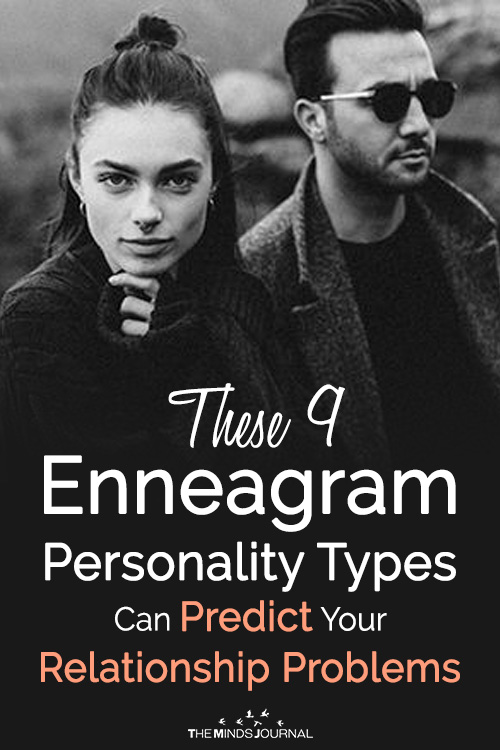
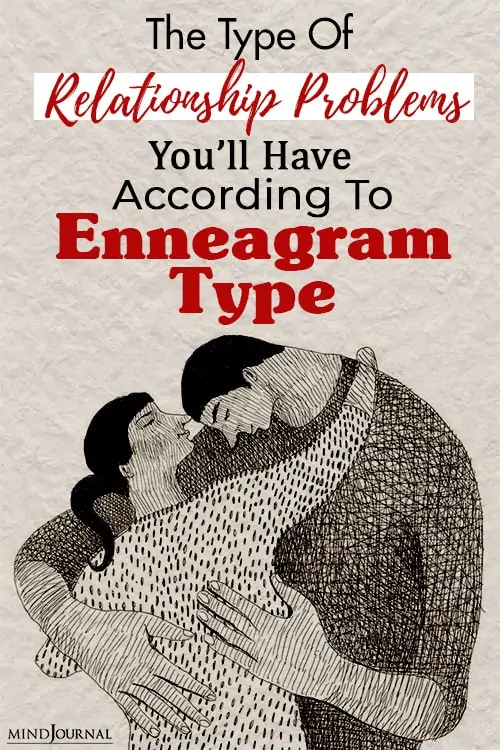
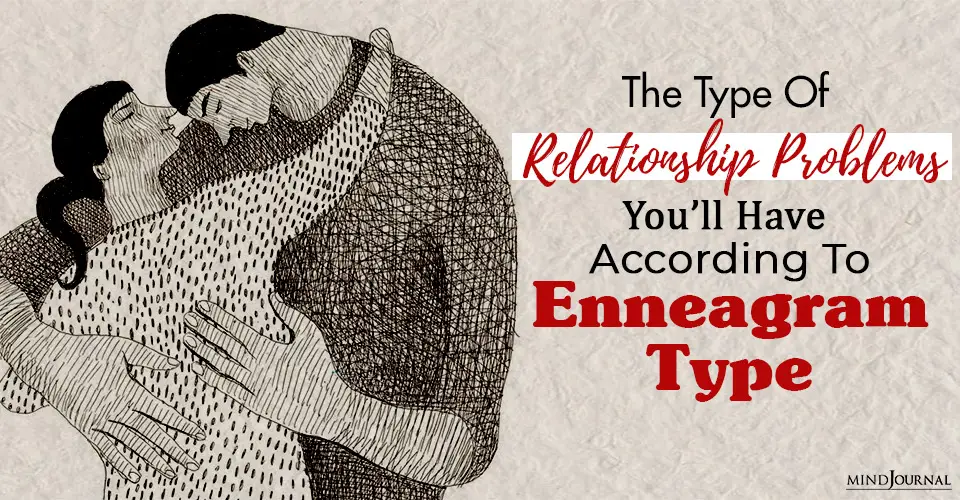
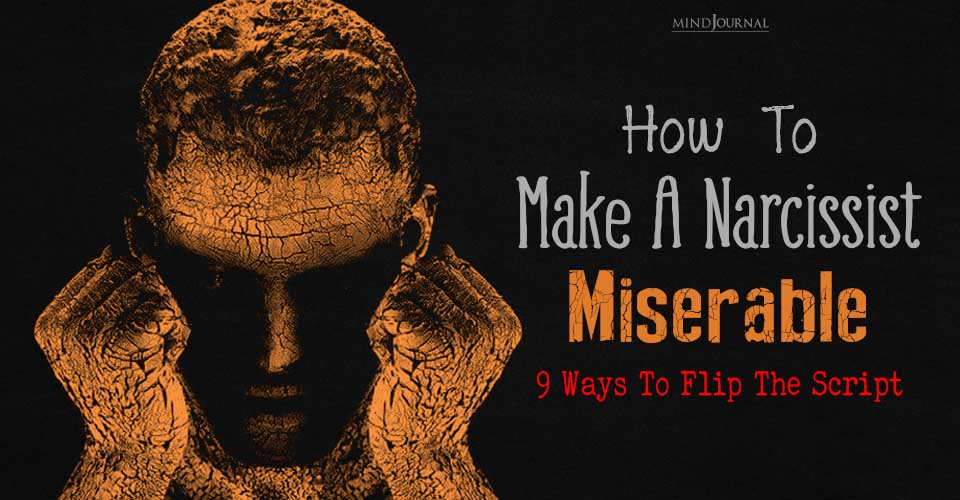
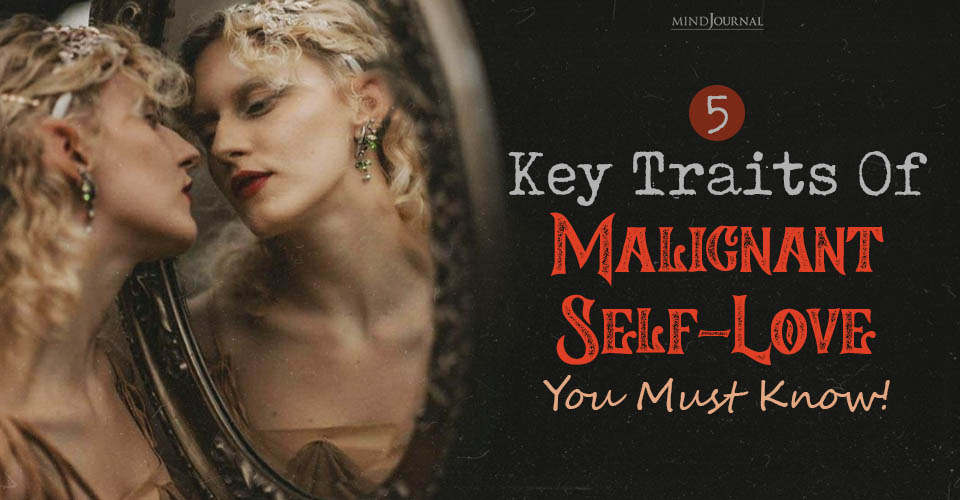


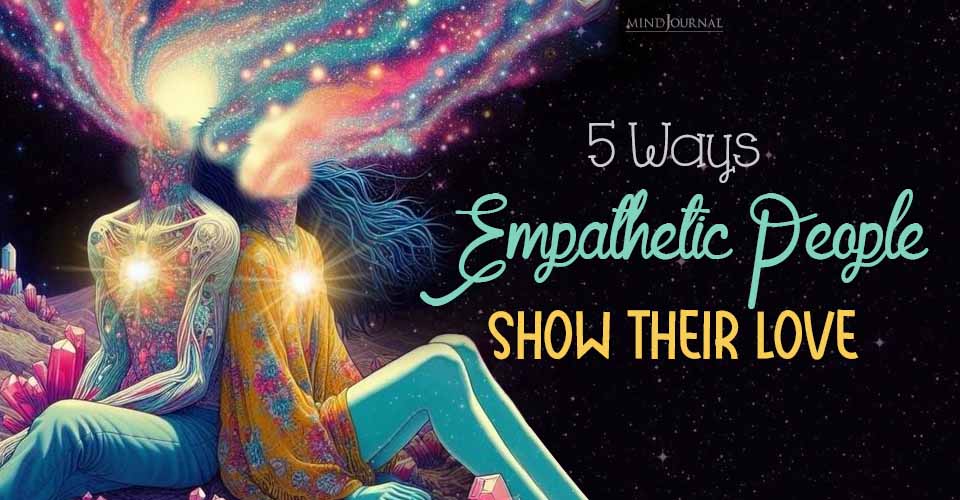
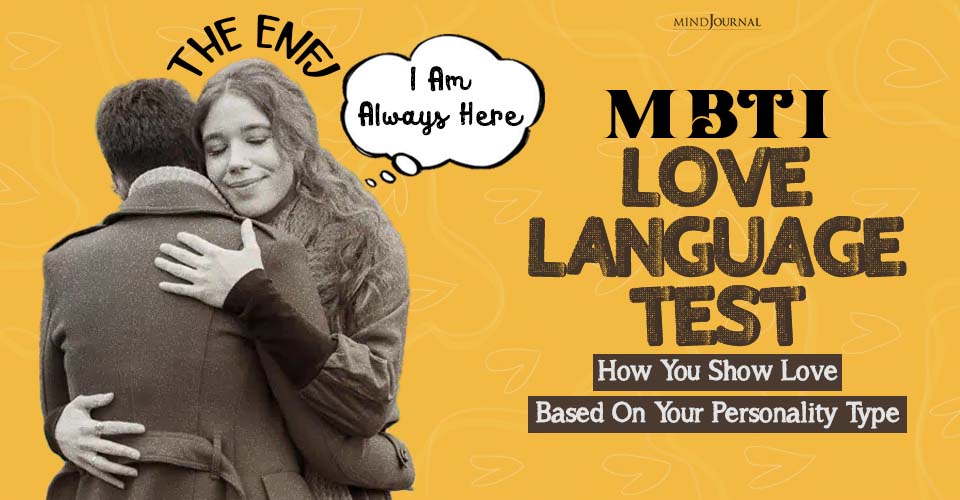
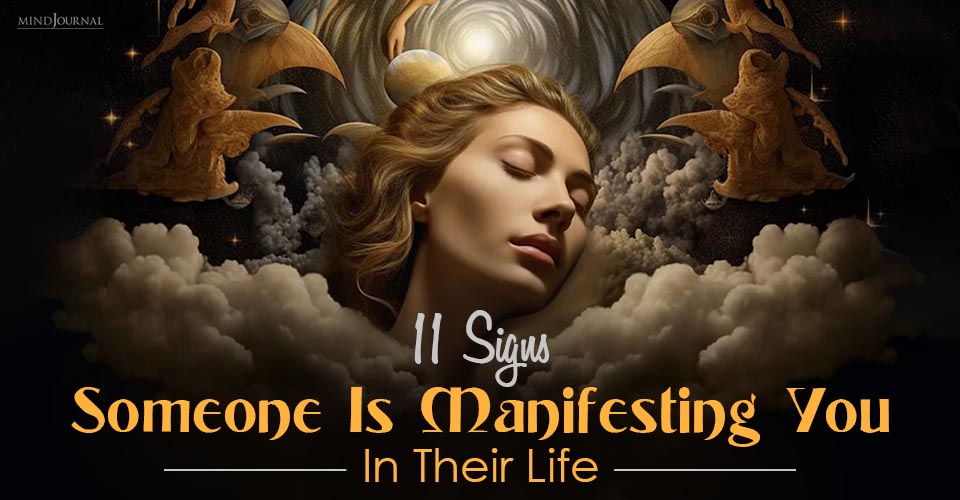

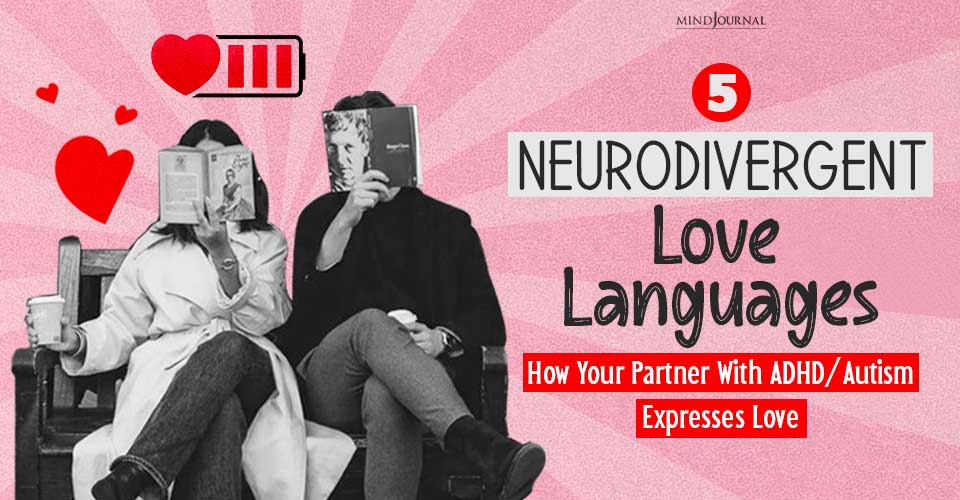
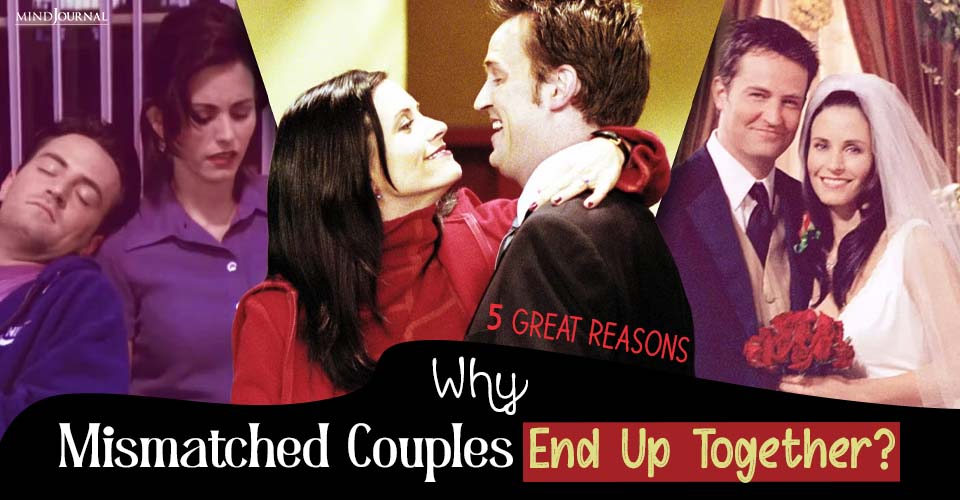

Leave a Reply
You must be logged in to post a comment.